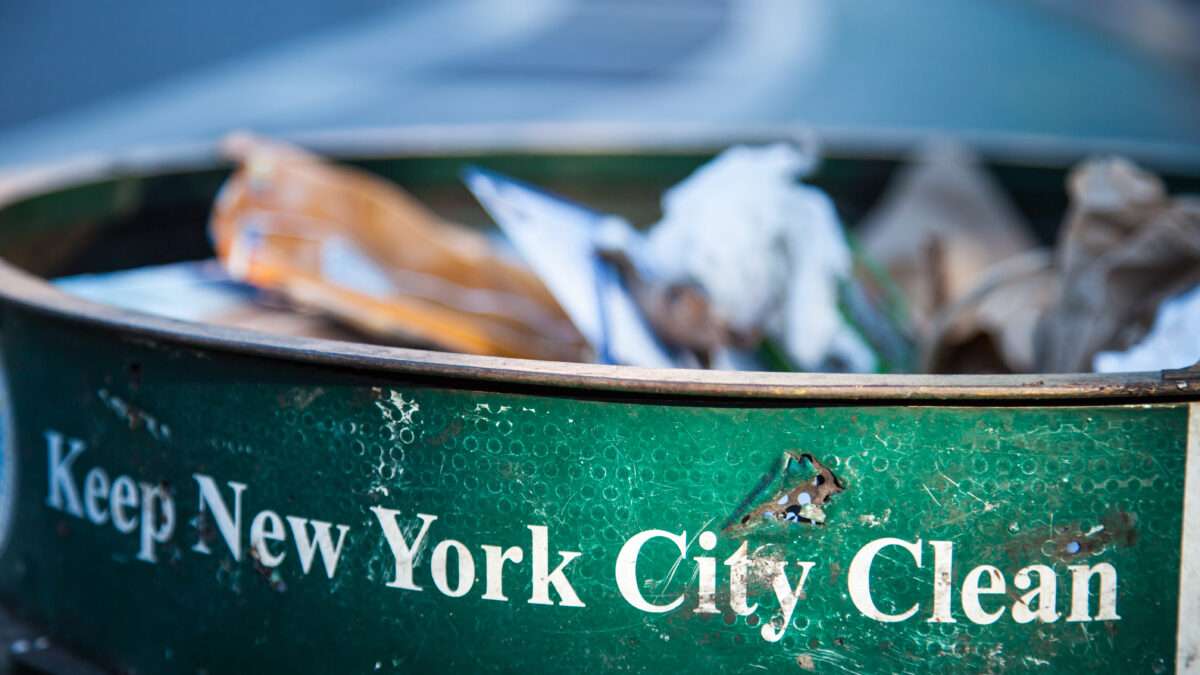Data Memory-Dependent Prefetchers Pose SW Security Threat By Breaking Cryptographic Implementations
A technical paper titled “GoFetch: Breaking Constant-Time Cryptographic Implementations Using Data Memory-Dependent Prefetchers” was presented at the August 2024 USENIX Security Symposium by researchers at University of Illinois Urbana-Champaign, University of Texas at Austin, Georgia Institute of Technology, University of California Berkeley, University of Washington, and Carnegie Mellon University.
Abstract:
“Microarchitectural side-channel attacks have shaken the foundations of modern processor design. The cornerstone defense against these attacks has been to ensure that security-critical programs do not use secret-dependent data as addresses. Put simply: do not pass secrets as addresses to, e.g., data memory instructions. Yet, the discovery of data memory-dependent prefetchers (DMPs)—which turn program data into addresses directly from within the memory system—calls into question whether this approach will continue to remain secure.
This paper shows that the security threat from DMPs is significantly worse than previously thought and demonstrates the first end-to-end attacks on security-critical software using the Apple m-series DMP. Undergirding our attacks is a new understanding of how DMPs behave which shows, among other things, that the Apple DMP will activate on behalf of any victim program and attempt to “leak” any cached data that resembles a pointer. From this understanding, we design a new type of chosen-input attack that uses the DMP to perform end-to-end key extraction on popular constant-time implementations of classical (OpenSSL Diffie-Hellman Key Exchange, Go RSA decryption) and post-quantum cryptography (CRYSTALS-Kyber and CRYSTALS-Dilithium).”
Find the technical paper here. Published August 2024.
Chen, Boru, Yingchen Wang, Pradyumna Shome, Christopher W. Fletcher, David Kohlbrenner, Riccardo Paccagnella, and Daniel Genkin. “GoFetch: Breaking constant-time cryptographic implementations using data memory-dependent prefetchers.” In Proc. USENIX Secur. Symp, pp. 1-21. 2024.
Further Reading
Chip Security Now Depends On Widening Supply Chain
How tighter HW-SW integration and increasing government involvement are changing the security landscape for chips and systems.
The post Data Memory-Dependent Prefetchers Pose SW Security Threat By Breaking Cryptographic Implementations appeared first on Semiconductor Engineering.


